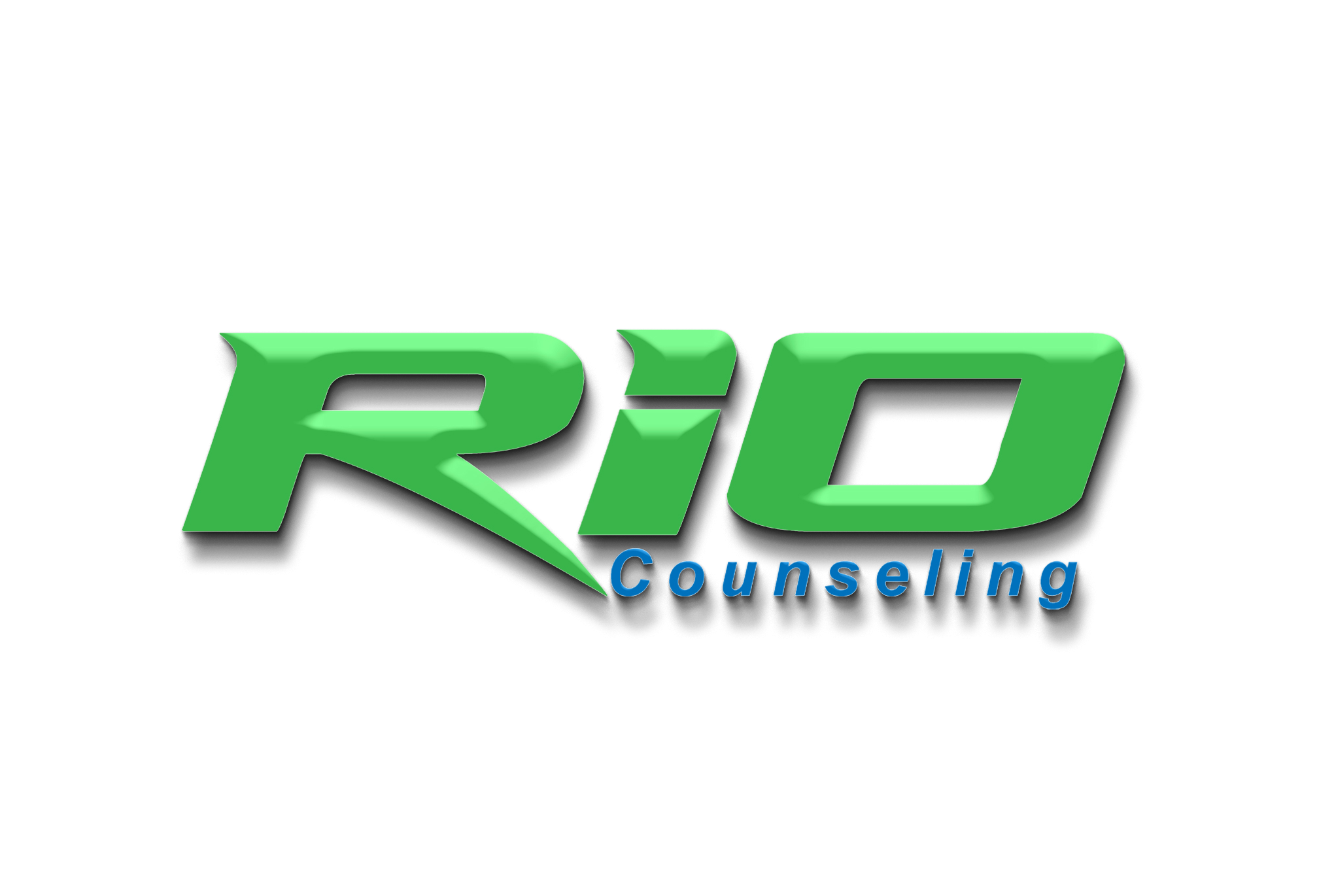With ongoing changes to the healthcare system, counseling is likely to continue a shift toward evidence based, manualized approaches. However, good counseling involves more than just using the right technique on the right client at the right time. Research has shown the therapeutic relationship may be the single most important factor in determining client change. In order to offer the necessary elements for therapeutic change as described by Carl Rogers, counselors need to be relatively well-functioning as people. Using Maslow’s hierarchy as a framework, we’ve addressed the first and most basic needs in Part 2.
Now we’re on to relationships and belonging. One would think it obvious that we need healthy functioning relationships in our personal lives to develop healthy relationships with our clients. And yet that may not always be the case. Are there unresolved problems with our families of origin? Do we have quality relationships with responsible people? There is a great book based on Murray Bowen’s family and systems theory called Extraordinary Relationships that I highly recommend. To use terminology from the book, we have to avoid emotional “cut-off” while remaining sufficiently “differentiated” from our families and friends to maintain choice in our intellectual and emotional responses to those around us.
Even at a high level of differentiation, I think it’s safe to say we often become like the people we associate with most. On some level, that can be healthy as long as we don’t lose ourselves in the process. Ideally, this adaptation takes the best of who we are and adds qualities from those around us. Unfortunately, it can and often does work the other way as well. Think about the persons you associate with most. Are they general healthy functioning people? How many hours per week do you spend around which people? Do you spend more time with clients than with friends and family? If so, what is the impact? Do we actually become like the people we associate with most? If so, wouldn’t it be a good idea to track the time spent with our families and friends as closely as we track our direct client contact?
In my opinion, quality relationships with responsible people are the cornerstone of a healthy functioning individual. In my experience and according to many clients, one of the “attractions” of relationships among substance users is a perceived unconditional acceptance. Members of a substance using community are usually willing to overlook any number of character flaws or defects. At first glance, it seems to be what Rogers promotes as unconditional positive regard. Upon further review one soon discovers that members don’t just accept the personal flaws of others, they insist on them, they expect them and they rely on them to feel good about themselves. I urge clients as to develop relationships with those who set the bar a little higher, who expect more from them than the status quo while still caring for and accepting them for who they are. We should set the same standard for ourselves.
Now on to esteem needs; which includes a balance between a respect and appreciation for ourselves along with respect and appreciation from others. One of the best techniques for feeling good about ourselves is to adjust our behavior to match our core values. If our top values include honesty, family, and compassion, we need to make sure our behavior corresponds with those values. If hard work, loyalty and integrity are atop our list, we need to schedule our time and activities accordingly. Think about the last 7 days of your life. What would an outside observer list as your top priorities?
If you’re happy with that list, then good for you. Unfortunately, many will recognize a significant incongruence between their stated values and their lived values. Some will list family as a top priority but spend a disproportionate amount of time at work. I’m not saying those who work a lot don’t care about their family; however, I am recommending we take an honest look at our values and how we spend our time. For some, work is a top priority and that’s ok, just be clear about it. The more you understand your values and spend your time in congruence with those values, the better you will feel about yourself.
Gaining esteem and respect from others is where many counselors run into trouble. Our need for respect and recognition is better gained from our employers, peers and colleagues than from our clients. The clients have enough to worry about without having to satisfy our needs. We all feel great when we see a client succeed and resolve their problems. We just have to be careful not to take too much credit for that success. Again, our clients shouldn’t be responsible for making us feel better. Besides, taking credit for the successes goes along with taking responsibilities for the failures and that’s just too much to manage.
To summarize the points from this post:
- Healthy functioning people need quality relationships with responsible people
- Differentiation from others allows choice between intellectual and emotional responses
- Values clarification can help focus activities
- Focused activities improve our sense of self-worth
- Don’t depend on clients for personal esteem needs
I would appreciate any comments or thoughts any of you may have on this subject including any books or resources you have found helpful. Also, if you register for updates to this blog, you’ll get an email when the next post is complete. Thanks for reading, take care of yourselves, take care of your clients and stay in touch.



